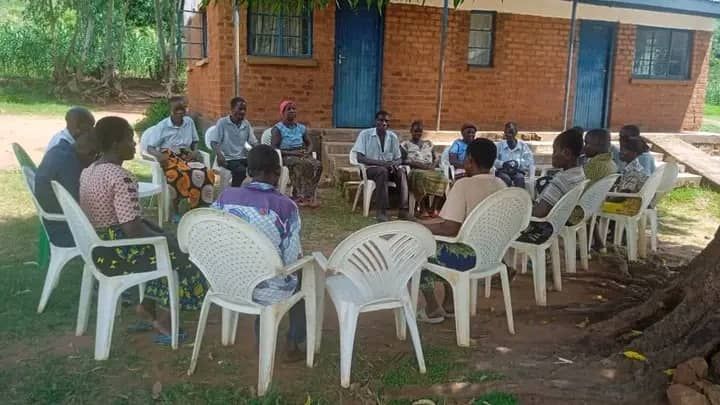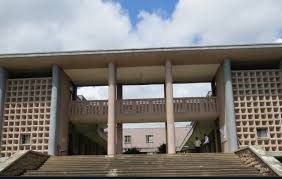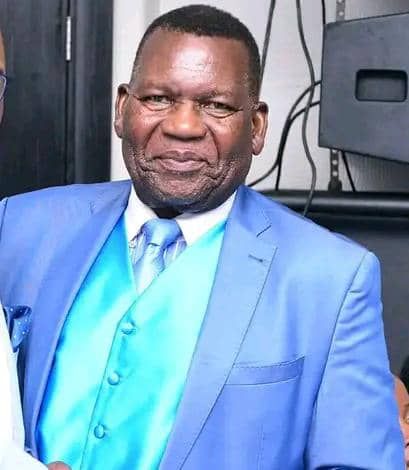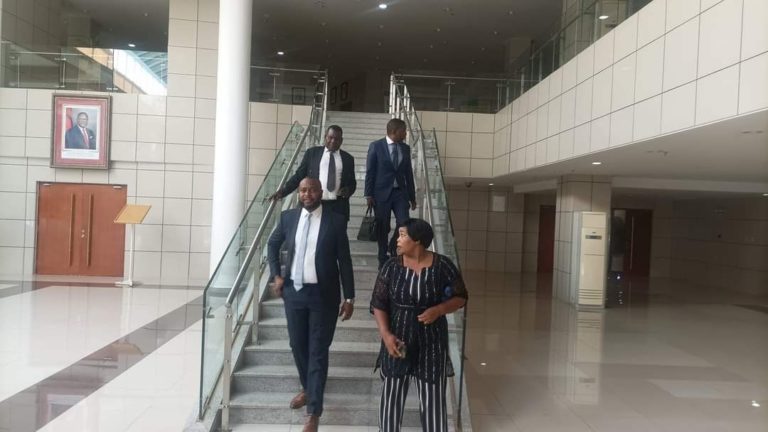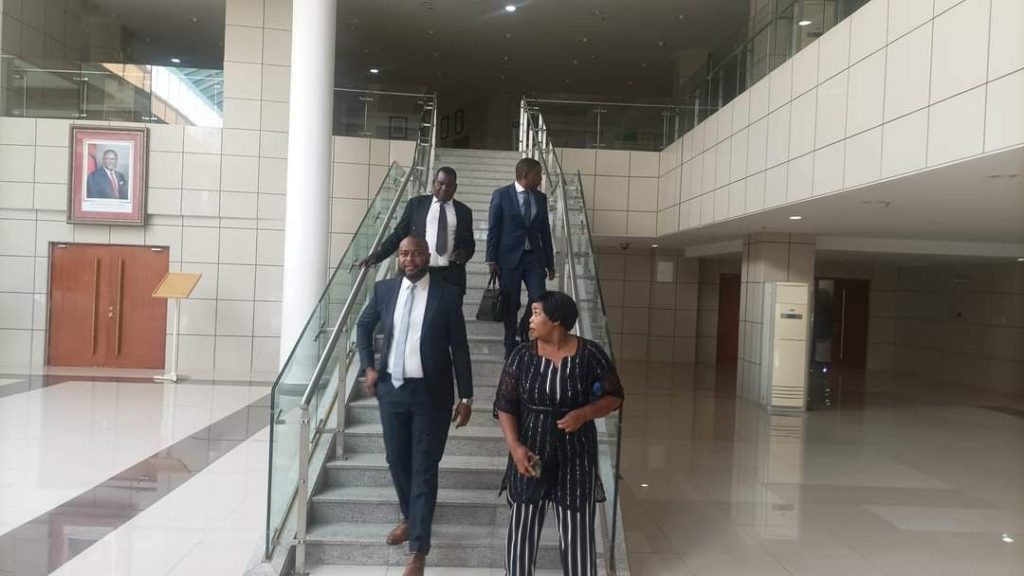By Twink Jones Gadama
At just 15 years old, Natasha had already faced more challenges than most people experience in a lifetime. Born with bowed legs, Natasha developed the condition at the young age of 8, making it difficult for her to walk and causing her immense pain. The physical challenges were tough enough to bear, but what was perhaps even more heartbreaking was the discrimination she faced from her peers at school.
“I have been living with the condition for years. I feel pain when I walk long distances and many times, I don’t feel confident being in a group setting because, at times, my friends laugh at me, saying, “Olumala iwe” (disabled). It pains me a lot, and there is nothing I can do, so I just let it be,” Natasha bravely shared.
The words of her classmates cut deep, leaving Natasha feeling isolated and alone. The laughter and taunts echoed in her mind, creating a sense of shame and inadequacy that weighed heavily on her young shoulders. It seemed as though there was no escape from the pain, both physical and emotional, that she was forced to endure on a daily basis.

But amidst the darkness and despair, a glimmer of hope shone through when Natasha was identified by CURE Malawi during a mobile clinic. The organization recognized her need for treatment and offered her a lifeline to a better future. Natasha’s journey to transformation had begun.
Upon arriving at the hospital, Natasha was greeted with warmth and compassion by the staff at CURE Malawi. They understood the gravity of her situation and were determined to help her overcome the obstacles that had plagued her for so long. Through a series of surgeries and rehabilitative therapies, Natasha’s bowed legs were corrected, and she was able to walk without pain for the first time in years.
The physical transformation was miraculous, but the emotional healing that Natasha experienced was equally profound. As she regained her confidence and self-esteem, she found the strength to confront the stigma and discrimination that had haunted her for so long. With the support of her caregivers and newfound friends at CURE Malawi, Natasha was able to overcome her past traumas and embrace a brighter future.
Today, Natasha is a shining example of resilience and perseverance. She no longer hides in the shadows or allows the cruel words of others to dictate her worth. Instead, she stands tall and proud, a beacon of hope for others who may be facing similar challenges. Natasha’s journey serves as a powerful reminder that with determination and support, anything is possible.
As she looks towards the future, Natasha dreams of a life filled with opportunities and possibilities. She plans to return to school and pursue her education, determined to make a difference in the world. Her days of feeling isolated and alone are behind her, replaced by a sense of purpose and belonging that fills her heart with joy.
Natasha’s story is a testament to the transformative power of love, compassion, and healing. Through the kindness of strangers and the dedication of medical professionals, she was able to rise above her circumstances and create a new reality for herself. Natasha’s journey is a reminder that no challenge is insurmountable, and that with the right support, anything is possible.


